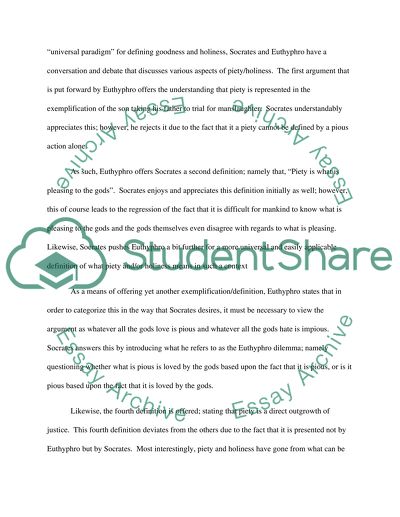Cite this document
(“Euthyphro : Plato Essay Example | Topics and Well Written Essays - 750 words - 1”, n.d.)
Retrieved from https://studentshare.org/philosophy/1486290-euthyphro-yt-plato
Retrieved from https://studentshare.org/philosophy/1486290-euthyphro-yt-plato
(Euthyphro : Plato Essay Example | Topics and Well Written Essays - 750 Words - 1)
https://studentshare.org/philosophy/1486290-euthyphro-yt-plato.
https://studentshare.org/philosophy/1486290-euthyphro-yt-plato.
“Euthyphro : Plato Essay Example | Topics and Well Written Essays - 750 Words - 1”, n.d. https://studentshare.org/philosophy/1486290-euthyphro-yt-plato.


